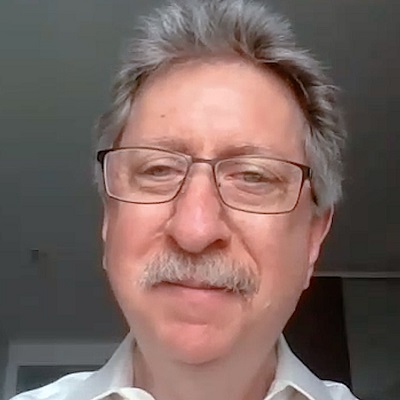"Virus-specific T cells are a good example of that. We've seen increased potency based on the manufacturing and based on improvements to the process. That has allowed us to pivot and deliver those virus-specific T cells in an off-the-shelf fashion. So, now, we're talking about delivery to patients in 48 hours rather than 20 days," Hanley told ScienceBoard.net at the International Society for Cell & Gene Therapy (ISCT) 2022 annual meeting in San Francisco.
Hanley, who is ISCT regional vice president-elect, North America, regional executive committee, North America, has helped to pioneer work in expanding virus-specific immune cells from naïve T cells, such as those present in cord blood or virus-seronegative donors and T cells targeting tumor-specific antigens.
Watch the video below to learn more.
Copyright © 2022 scienceboard.net
Last Updated 7/20/2022 2:15:22 PM





